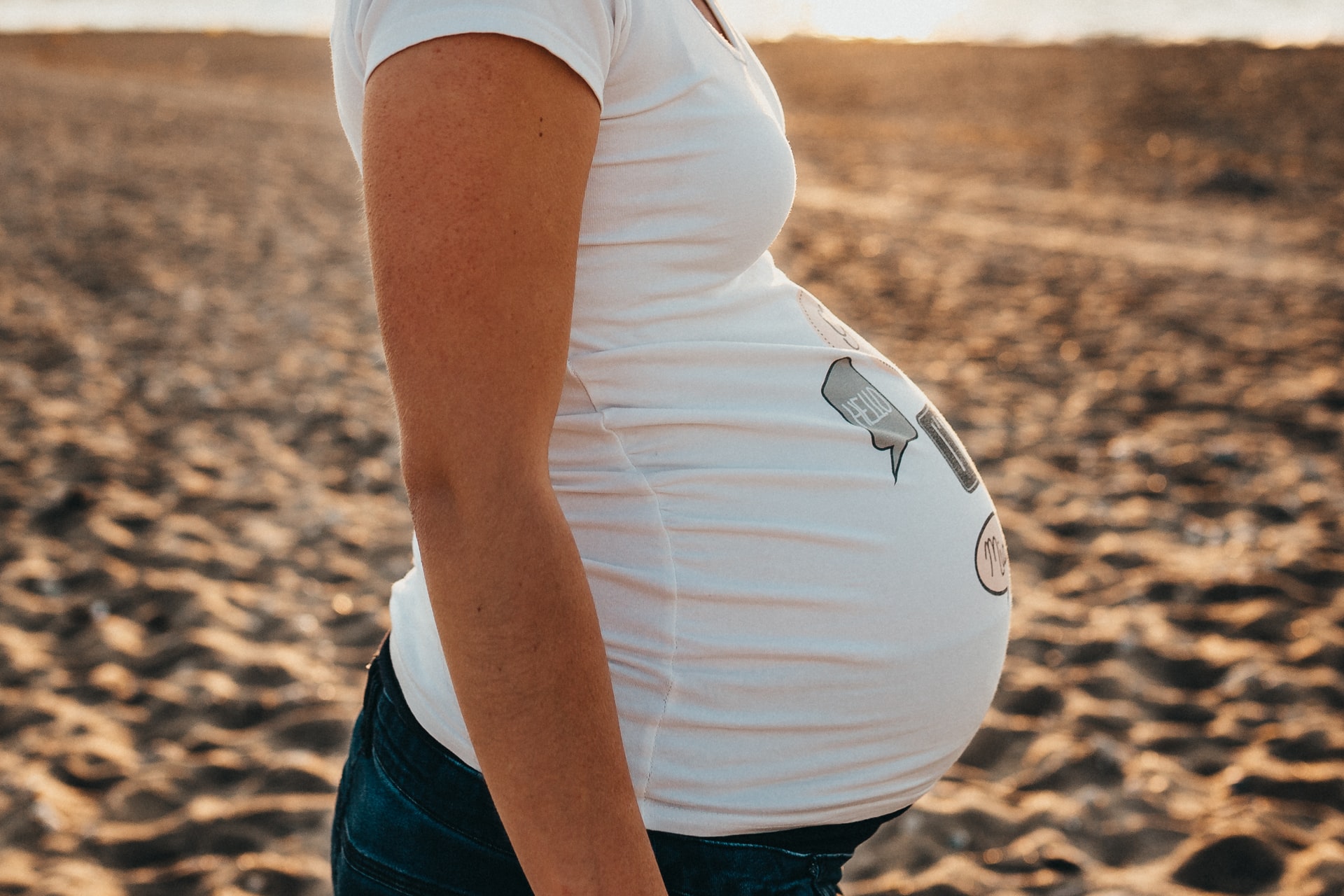Media release
From: The BMJPregnant women with covid-19 are less likely to have symptoms, may more likely need intensive care, and give birth early
Being older, overweight, and having other medical conditions increase their risk of having more serious disease
Pregnant women seen in hospitals with covid-19 are less likely to show symptoms, and seem to be at increased risk of needing admission to an intensive care unit than non-pregnant women of similar age, finds a study published by The BMJ today.
They are also more likely to experience preterm birth and their newborns are more likely to be admitted to a neonatal unit.
Being older, overweight, and having pre-existing medical conditions such as hypertension and diabetes also seem to increase the risk of having severe covid-19 in these women, the findings show.
Pregnant women are thought to be a high-risk group for covid-19 infection, and there are concerns about potential adverse effects of the virus on both mother and baby. But published reviews on covid-19 in pregnancy quickly become outdated as new evidence emerges.
So an international team of researchers began a living systematic review to compare the clinical features, risk factors, and outcomes of covid-19 in pregnant and recently pregnant women with non-pregnant women of similar age.
Living systematic reviews are useful in fast moving research areas such as covid-19 because they can be updated regularly as new information becomes available.
Their findings are based on 77 studies reporting rates, clinical features (symptoms, laboratory and x-ray findings), risk factors, and outcomes for 11,432 pregnant and recently pregnant women admitted to hospital and diagnosed as having suspected or confirmed covid-19.
The studies were designed differently, and were of varying quality, but the researchers were able to allow for that in their analysis.
Compared with non-pregnant women of reproductive age, they found that pregnant and recently pregnant women with covid-19 were less likely to report symptoms of fever and muscle pain (myalgia), but were more likely to need admission to an intensive care unit and need ventilation.
Maternal risk factors associated with severe covid-19 were increasing age, high body mass index, chronic high blood pressure, and pre-existing diabetes.
The odds of giving birth prematurely was also higher in pregnant and recently pregnant women with covid-19 compared to those without the disease.
A quarter of all babies born to mothers with covid-19 were admitted to a neonatal unit and were at increased risk of admission than those born to mothers without the disease. However, stillbirth and newborn death rates were low.
The researchers point to some study limitations that may have affected their results, including differences in study size, design, and definitions of symptoms, tests, and outcomes. However, strengths include the large sample size and robust search methods to minimise the risk of missing studies and duplicate data.
As such, they say healthcare professionals should be aware that pregnant women with covid-19 might need access to intensive care and specialist baby care facilities.
What’s more, mothers with pre-existing comorbidities will need to be considered as a high risk group for covid-19, along with those who are obese and of older age, they add.
Finally, they say their living systematic review will produce a strong evidence base for living guidelines on covid-19 and pregnancy, and will enable rapid updates as new data emerge.


